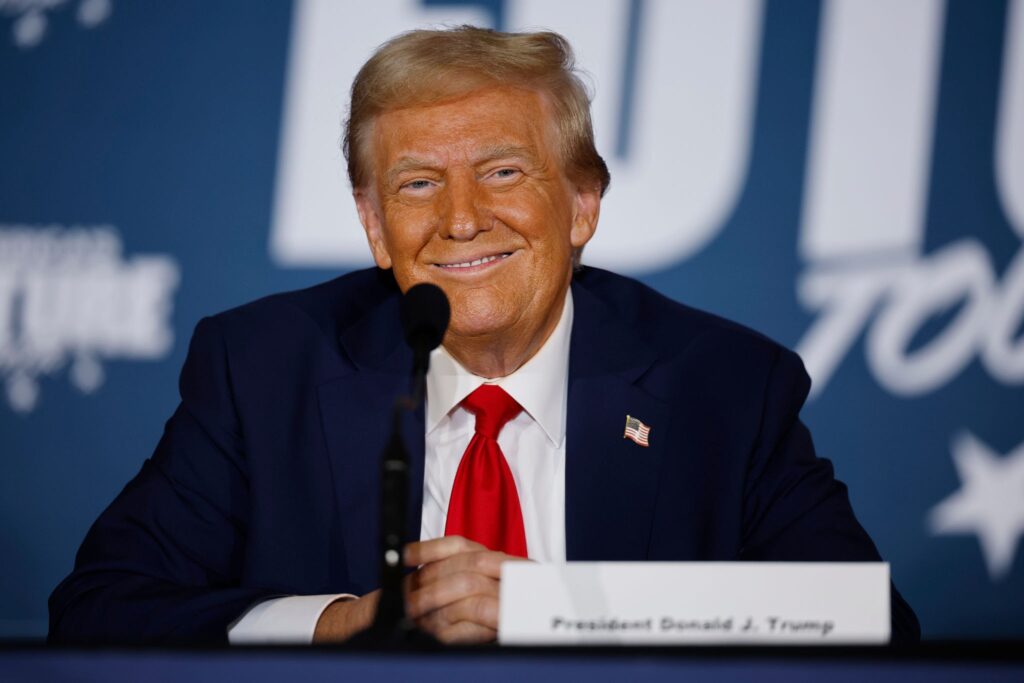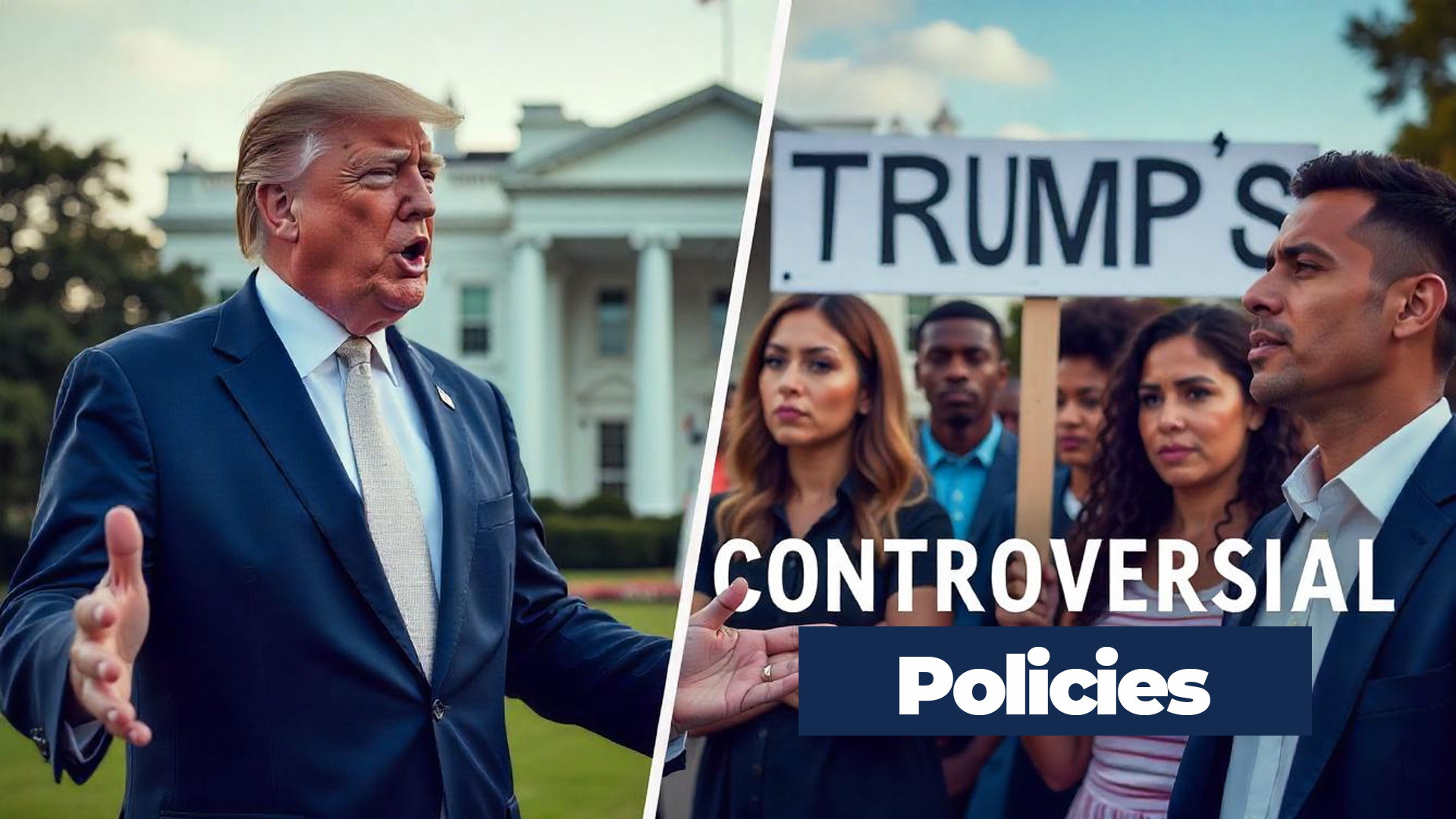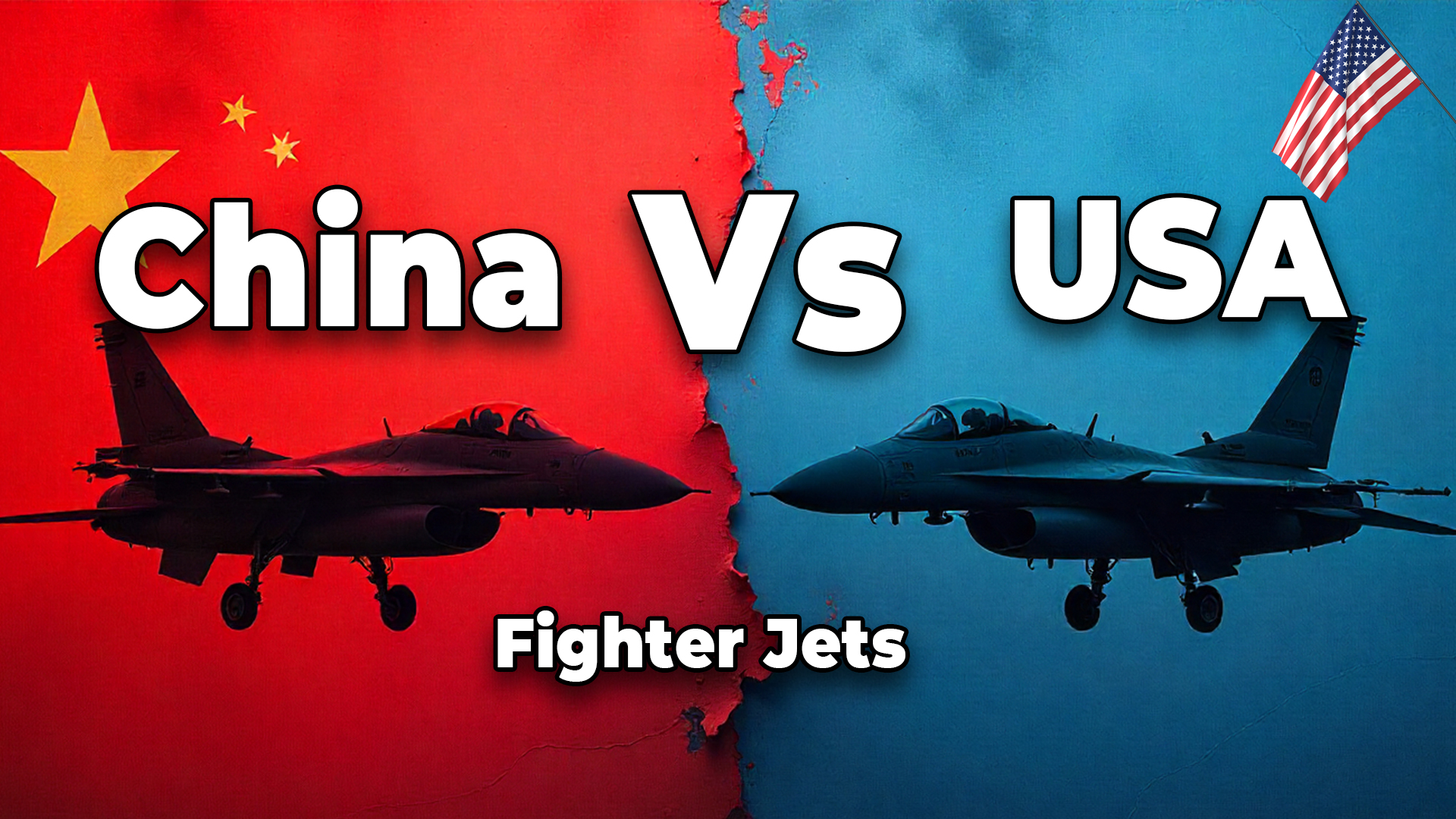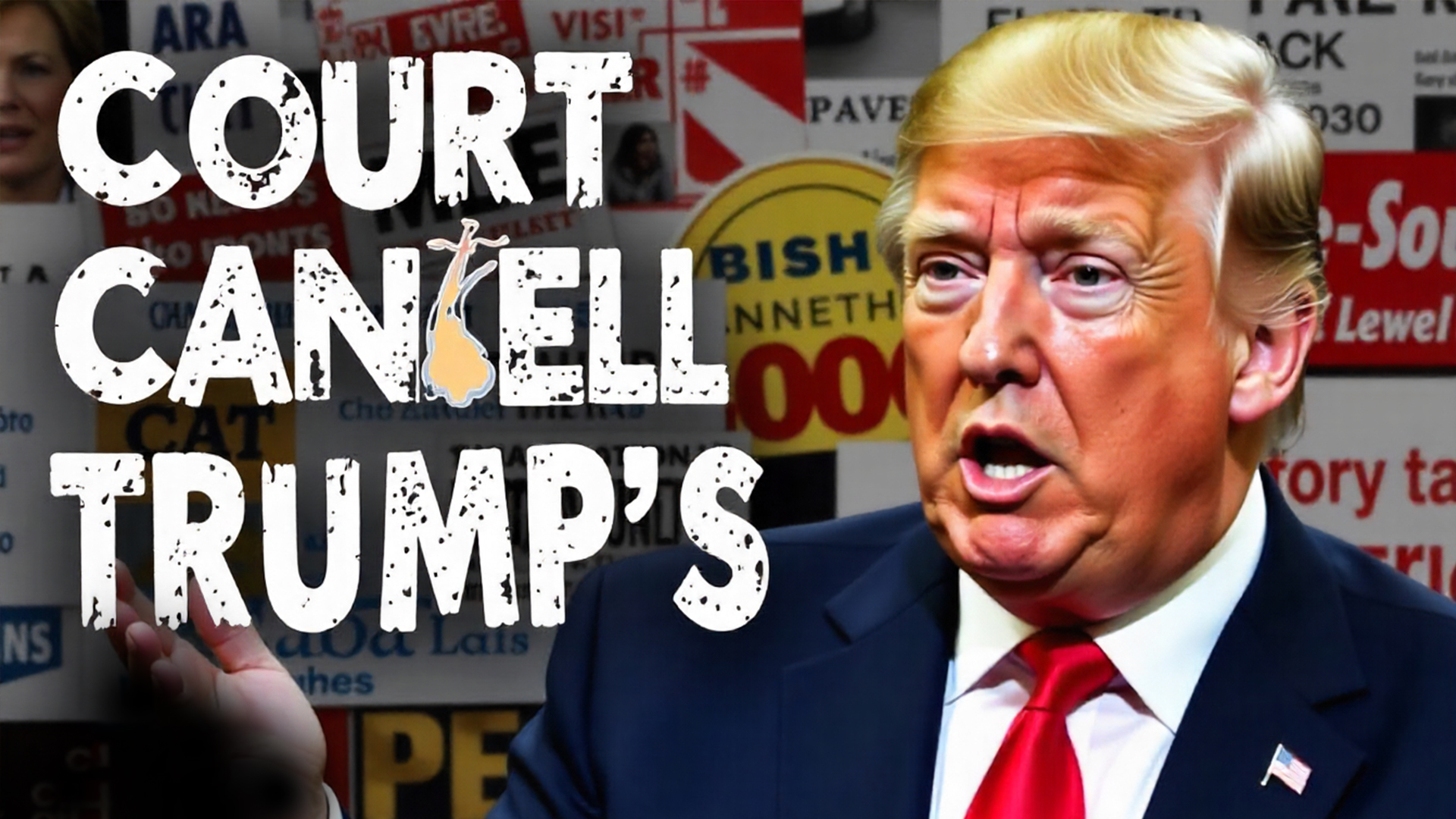Donald Trump’s presidency was marked by bold and divisive foreign policies that redefined America’s role on the global stage. From unprecedented trade wars to redefining alliances, his approach sparked admiration and criticism alike. But what was the driving force behind these controversial decisions? Let’s delve into the key highlights of Trump’s foreign policy strategies and their implications.
TRUMP Fires Independent Inspectors?
America First Doctrine
At the heart of Trump’s foreign policies was the “America First” doctrine, a slogan that guided his international decisions. This principle emphasized prioritizing American interests over global cooperation, which led to contentious moves like withdrawing from the Paris Climate Agreement and renegotiating trade deals such as NAFTA, replaced with the USMCA. Critics argued this approach isolated the U.S., while supporters applauded its focus on national sovereignty.
Trade Wars with China
Trump’s trade war with China became one of the most defining aspects of his foreign policy. By imposing tariffs on hundreds of billions of dollars worth of Chinese goods, Trump aimed to reduce the trade deficit and combat alleged unfair practices by Beijing. While some industries benefited from these measures, others faced severe repercussions, including higher production costs and disrupted supply chains.
Strengthening Ties with Israel
Trump’s administration also took significant steps in Middle Eastern diplomacy, particularly in strengthening ties with Israel. His decision to move the U.S. embassy to Jerusalem and recognize it as Israel’s capital was met with global controversy. The Abraham Accords, however, were hailed as a historic achievement, normalizing relations between Israel and several Arab nations.
Withdrawal from Global Agreements
Under Trump, the U.S. withdrew from several international agreements, including the Iran nuclear deal (JCPOA) and the Trans-Pacific Partnership (TPP). These moves were criticized for weakening global collaboration but were defended by Trump as necessary to protect American interests and combat what he called unfair international commitments.

PALM BEACH, FLORIDA – DECEMBER 16: U.S. President-elect Donald Trump speaks at a news conference at Trump’s Mar-a-Lago resort on December 16, 2024 in Palm Beach, Florida. In a news conference that went over an hour, Trump announced that SoftBank will invest over $100 billion in projects in the United States including 100,000 artificial intelligence related jobs and then took questions on Syria, Israel, Ukraine, the economy, cabinet picks, and many other topics. (Photo by Andrew Harnik/Getty Images)
Negotiating with North Korea
Trump broke diplomatic norms by meeting North Korean leader Kim Jong-un multiple times. These historic summits were intended to denuclearize the Korean Peninsula. While they symbolized a potential thaw in relations, critics argue they failed to achieve concrete, verifiable results.
Legacy and Controversy
Trump’s foreign policies continue to spark debate. Supporters highlight his willingness to challenge the status quo, while detractors criticize the long-term consequences of his decisions. Regardless of one’s stance, there’s no denying that Trump’s foreign policies reshaped America’s global presence, leaving a legacy that continues to influence international relations.






This is really fascinating, You are an overly skilled blogger. I have joined your feed and look forward to in search of extra of your wonderful post. Also, I have shared your web site in my social networks!
Thank you so much for your kind words and support! I truly appreciate you joining the feed and sharing the site with your network—it means a lot! I’ll keep delivering valuable content, and if there’s anything specific you’d like to see more of, just let me know. 😊🚀
I don’t think the title of your article matches the content lol. Just kidding, mainly because I had some doubts after reading the article.
Haha, I appreciate the humor! If you have any doubts or need clarification on anything in the article, feel free to ask—I’d be happy to clear things up! 😊
Your article helped me a lot, is there any more related content? Thanks!
Your point of view caught my eye and was very interesting. Thanks. I have a question for you.